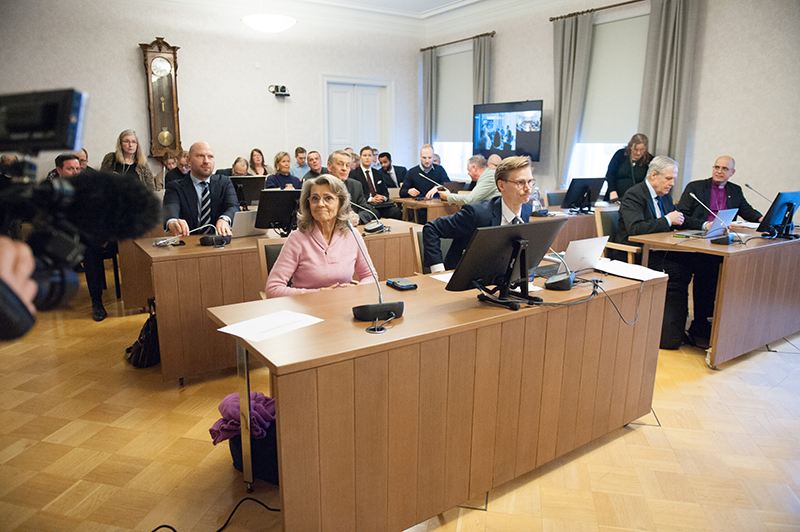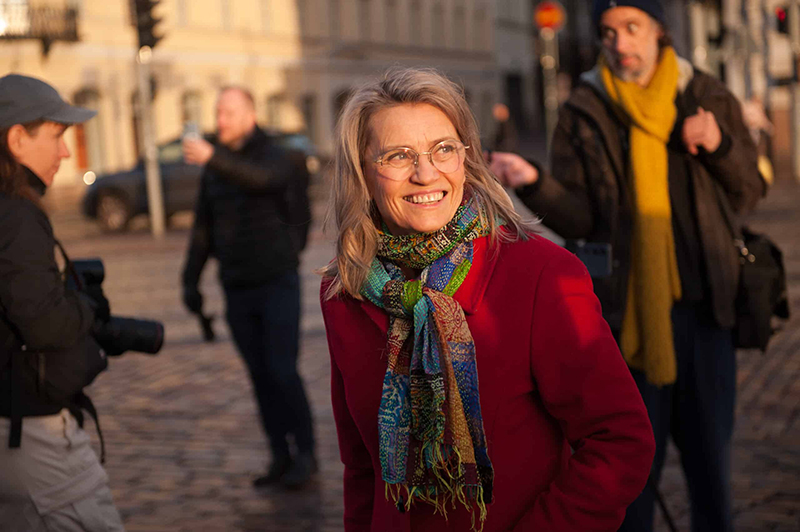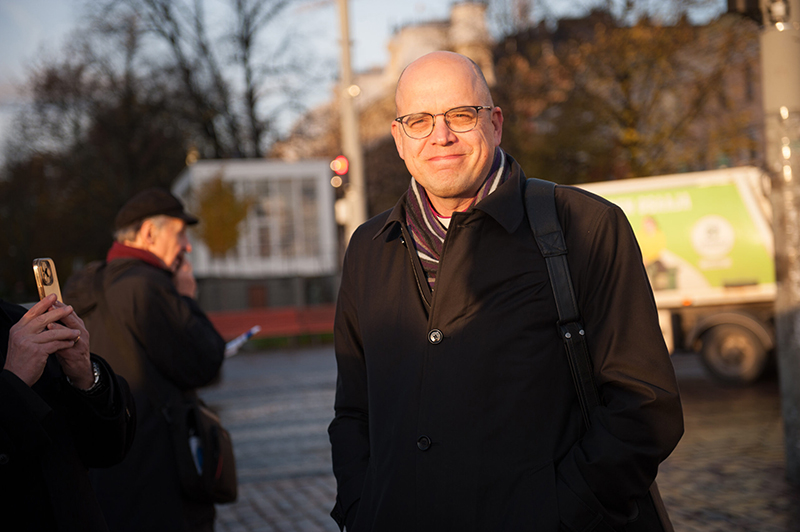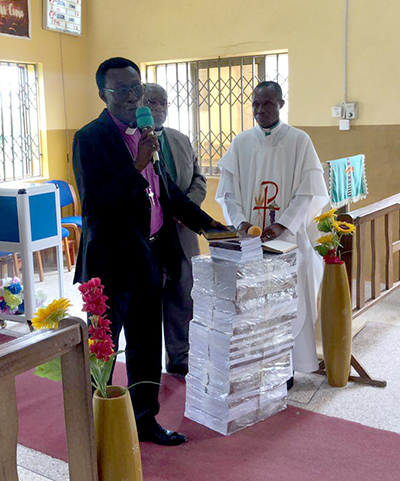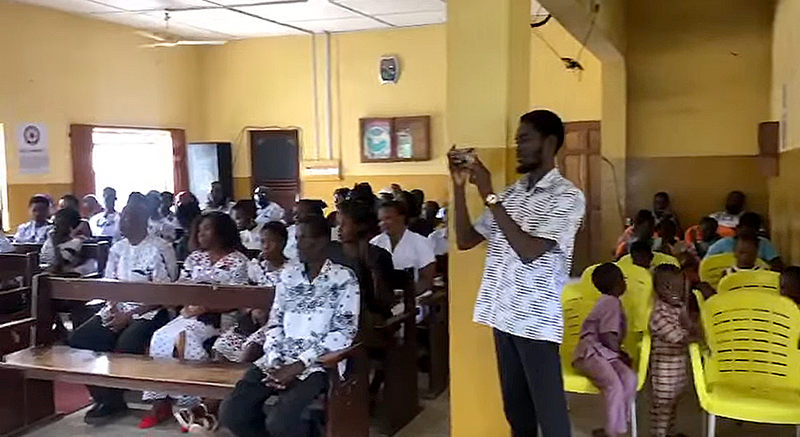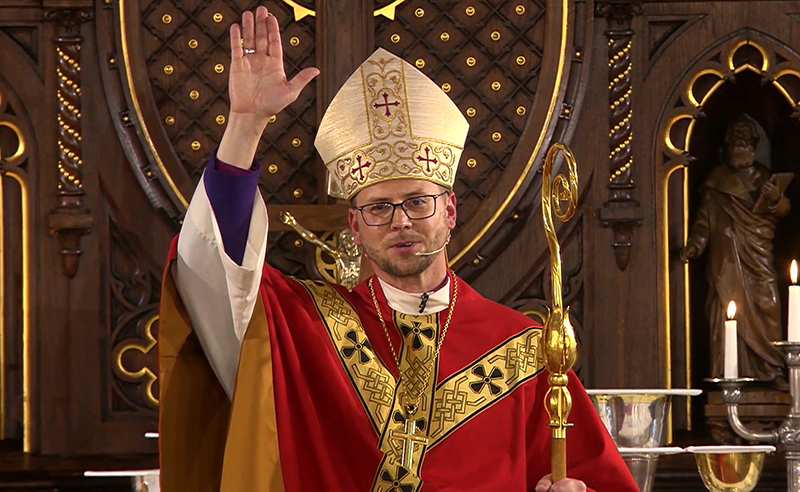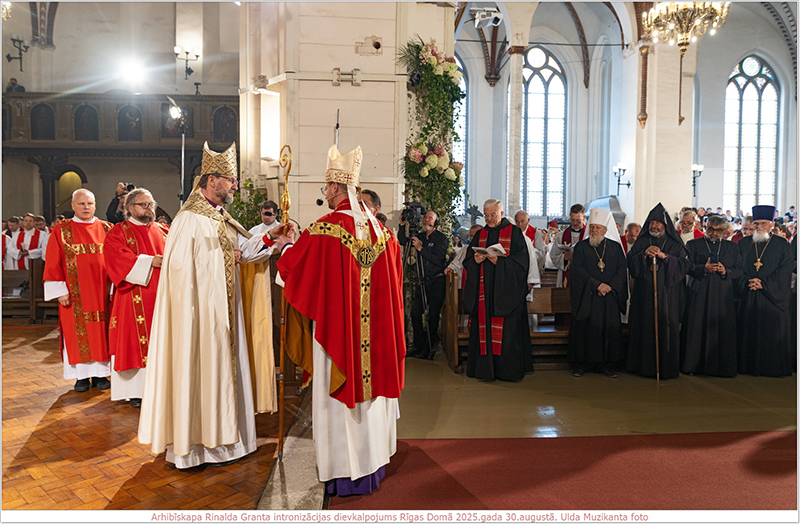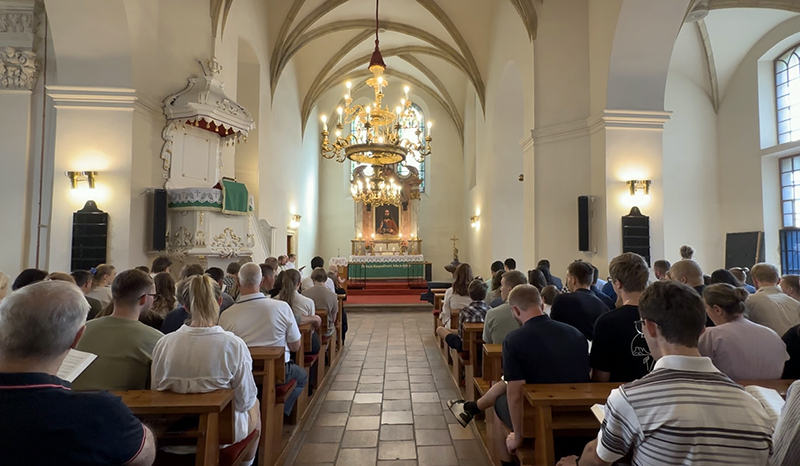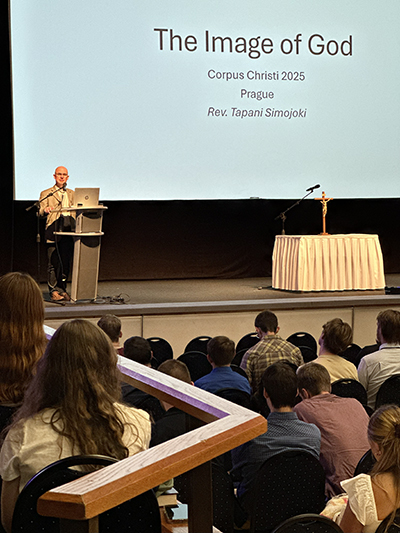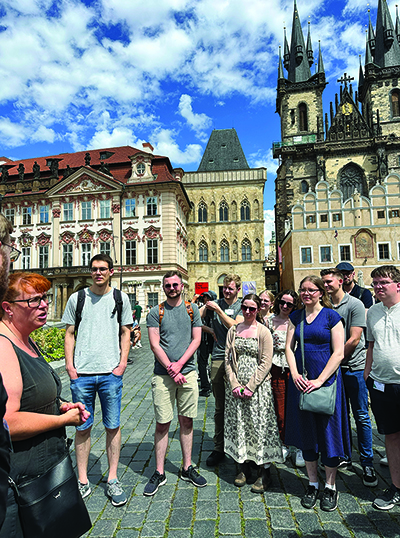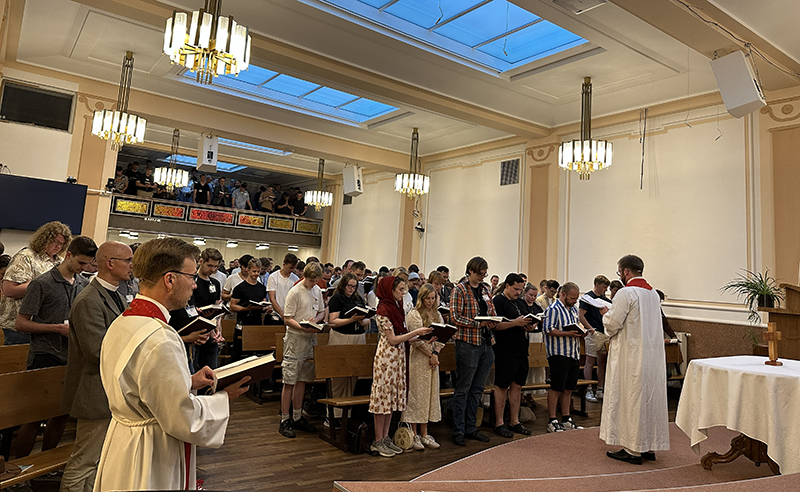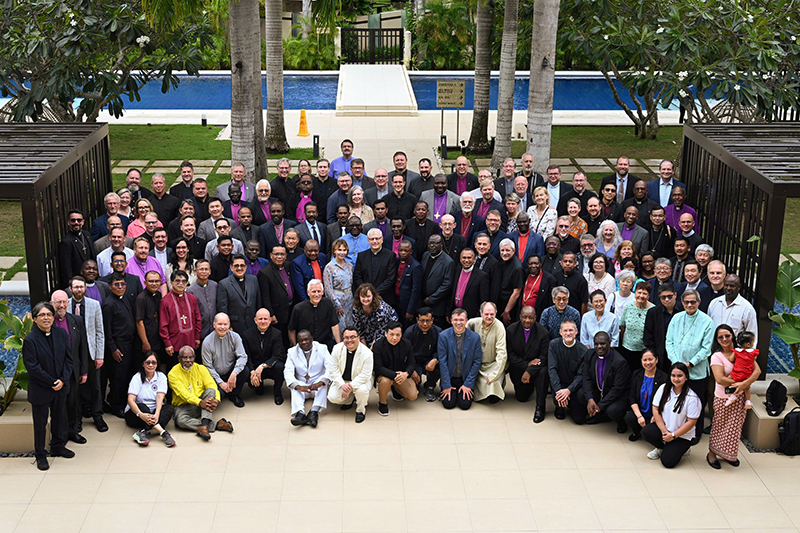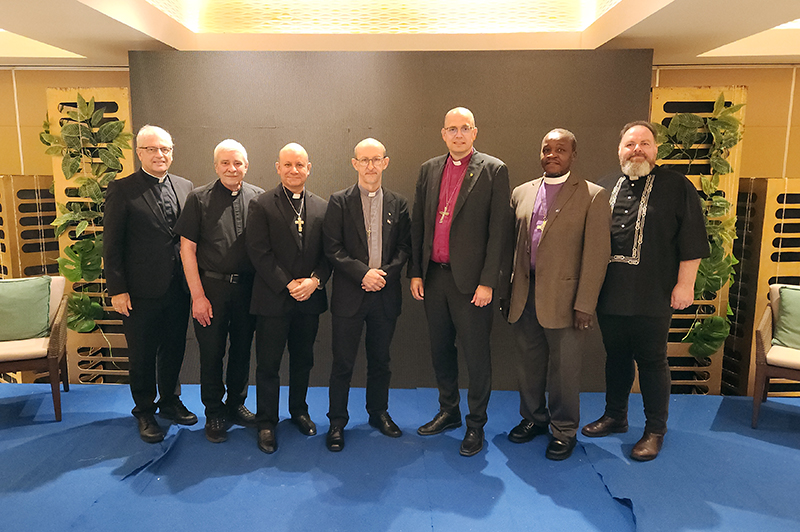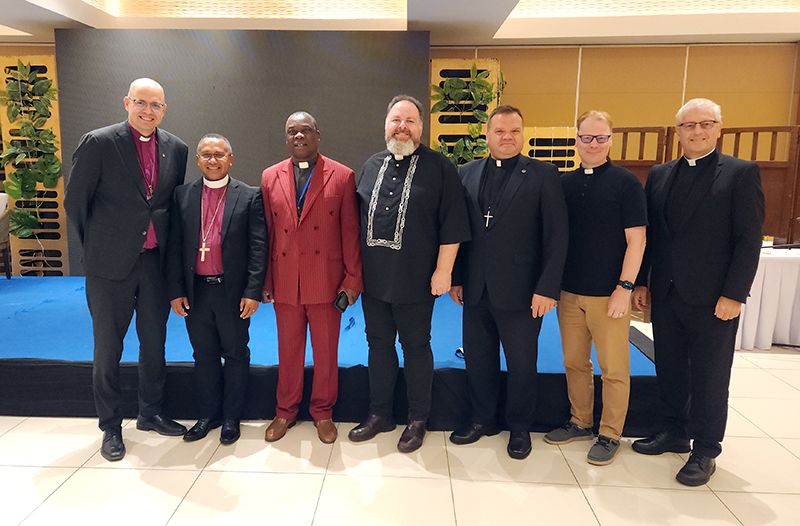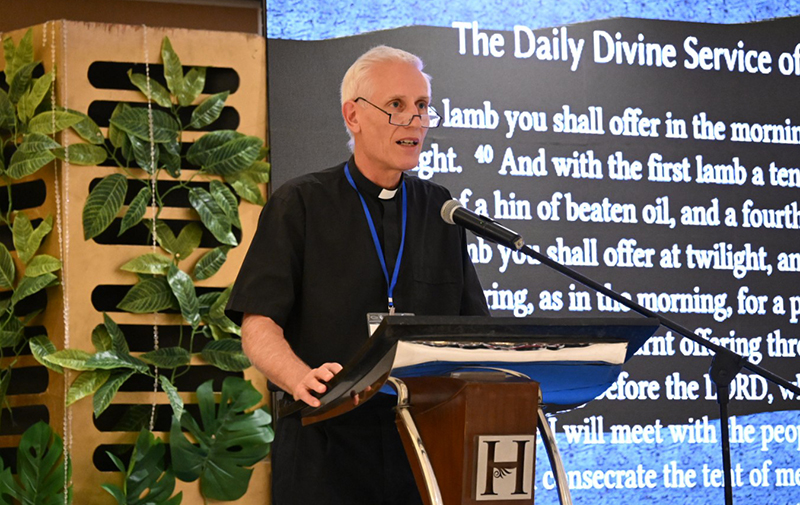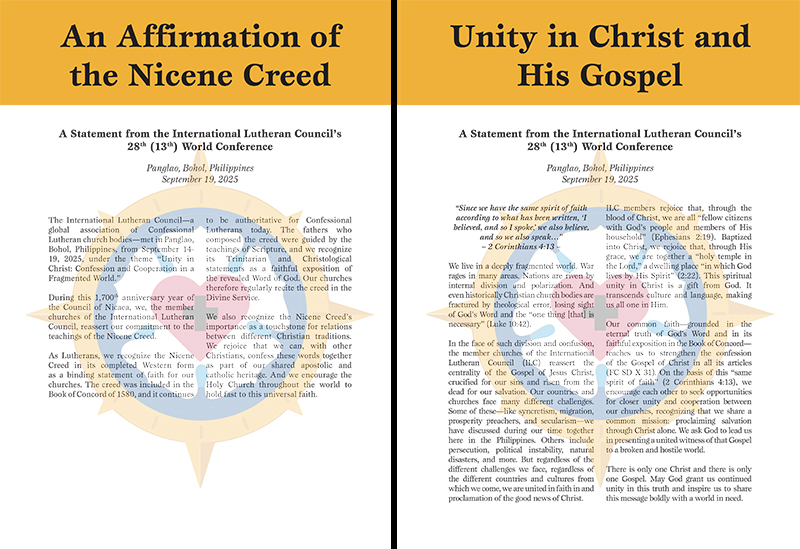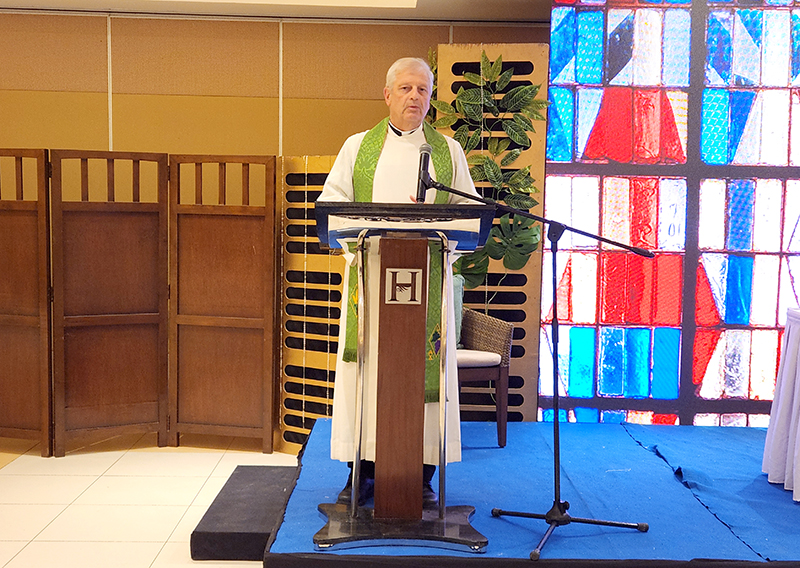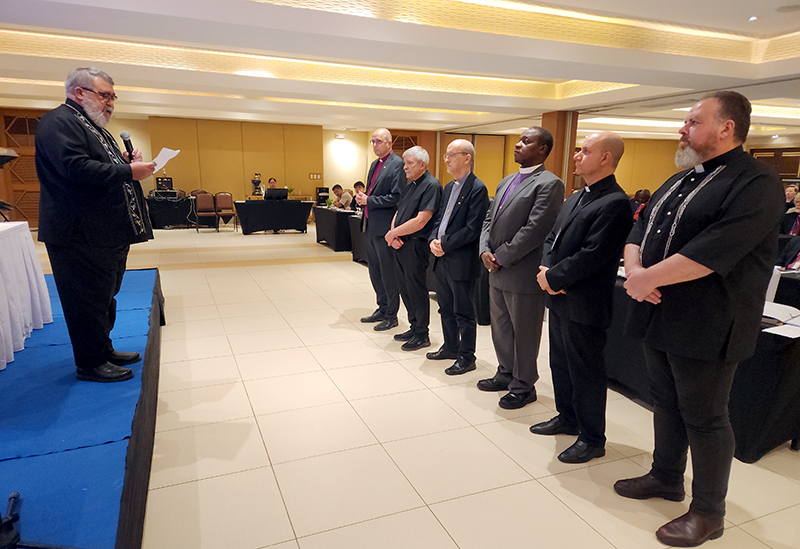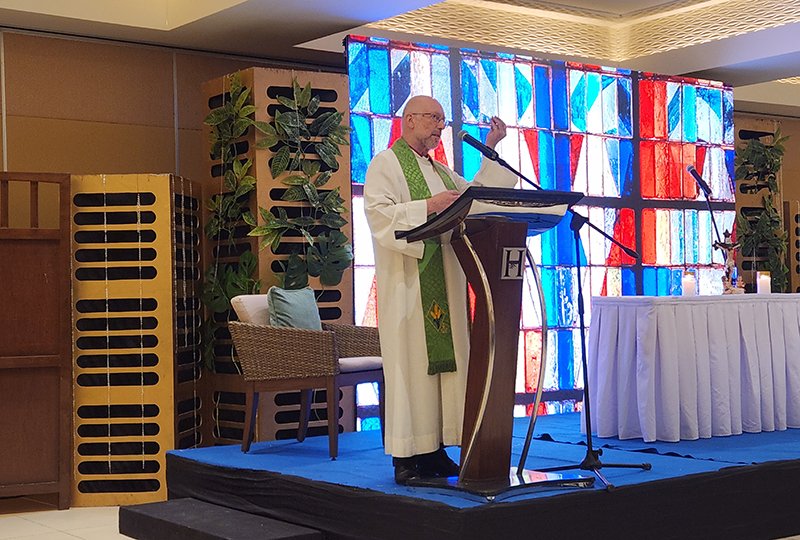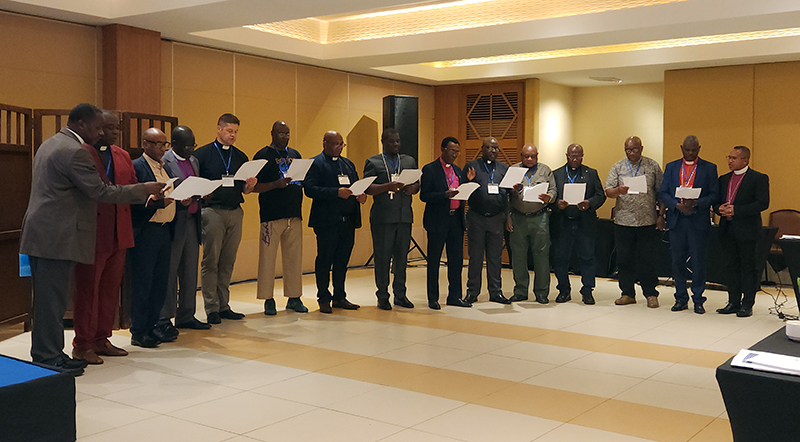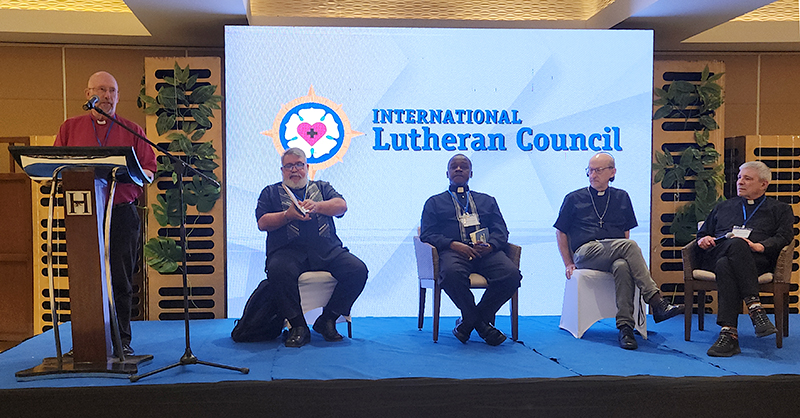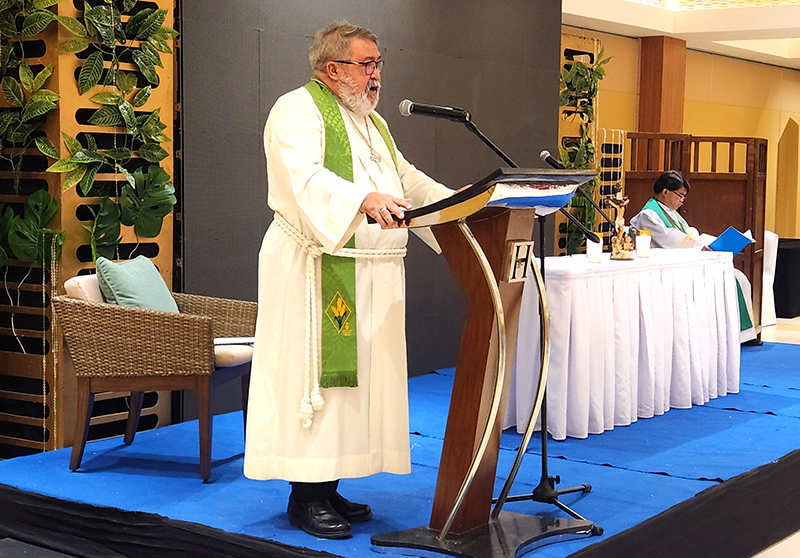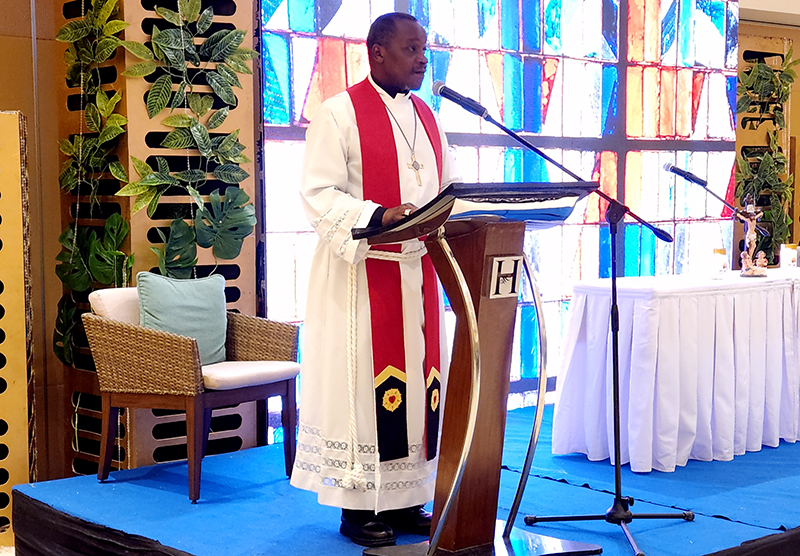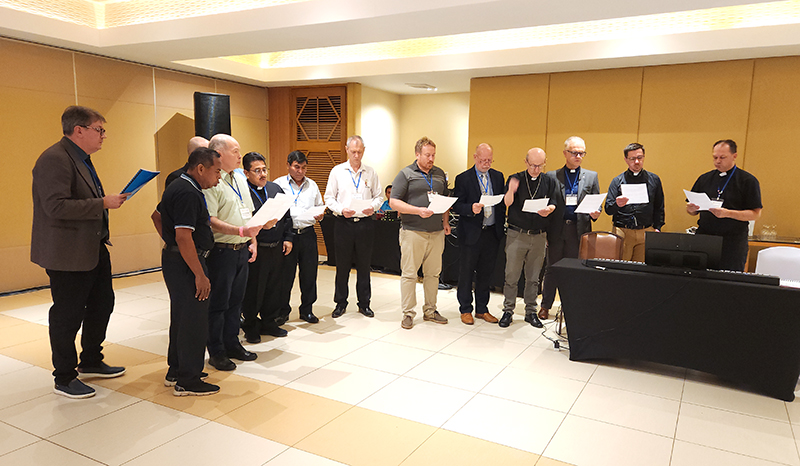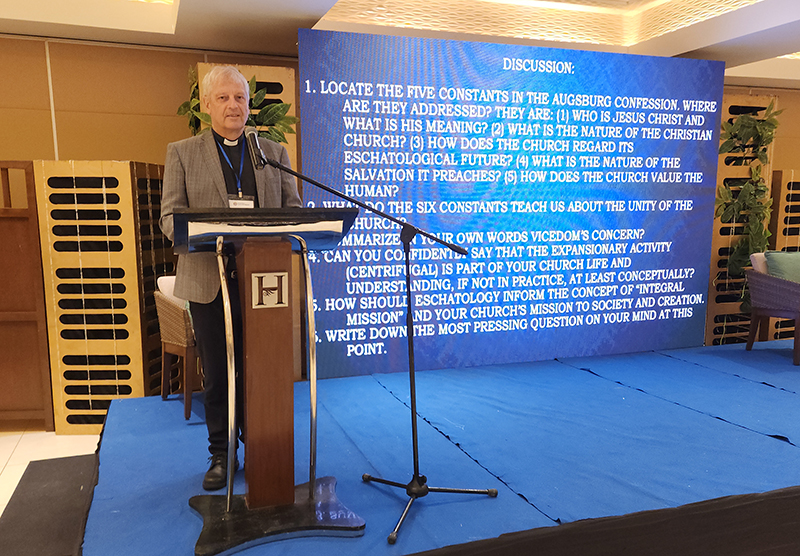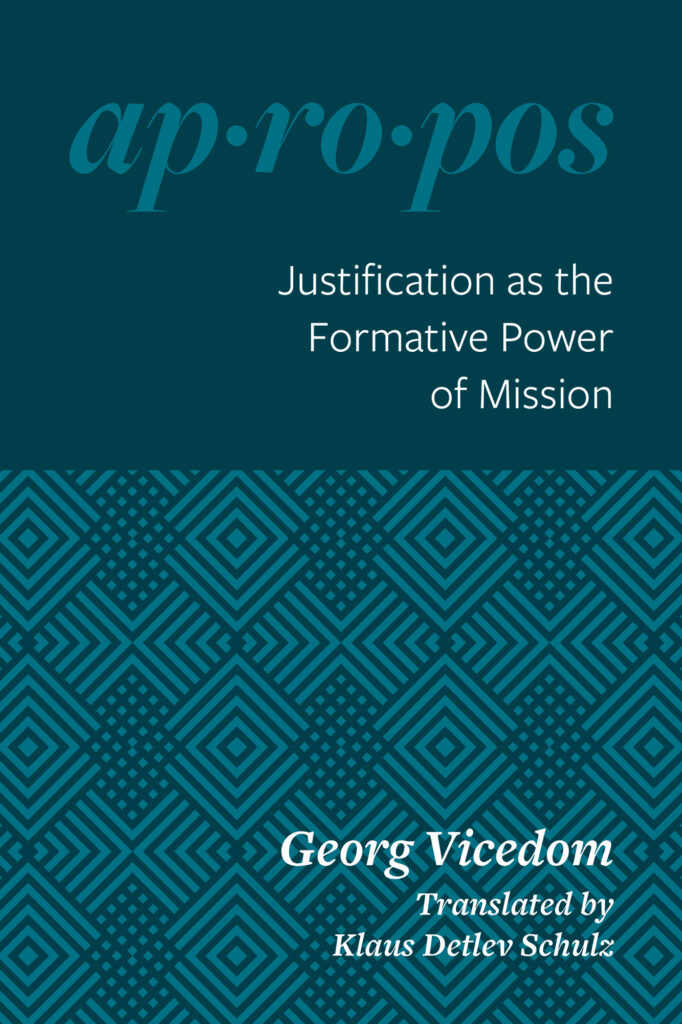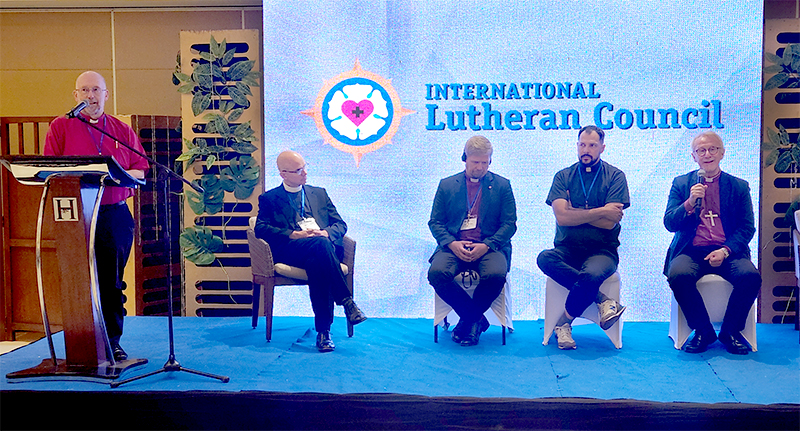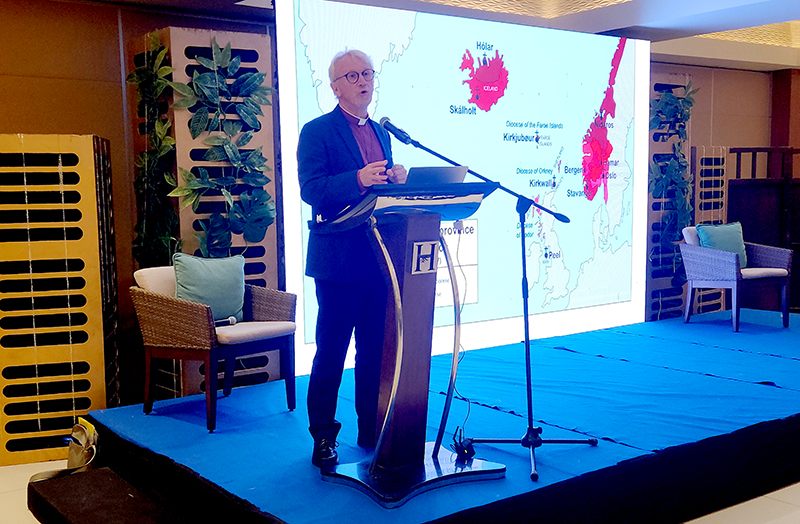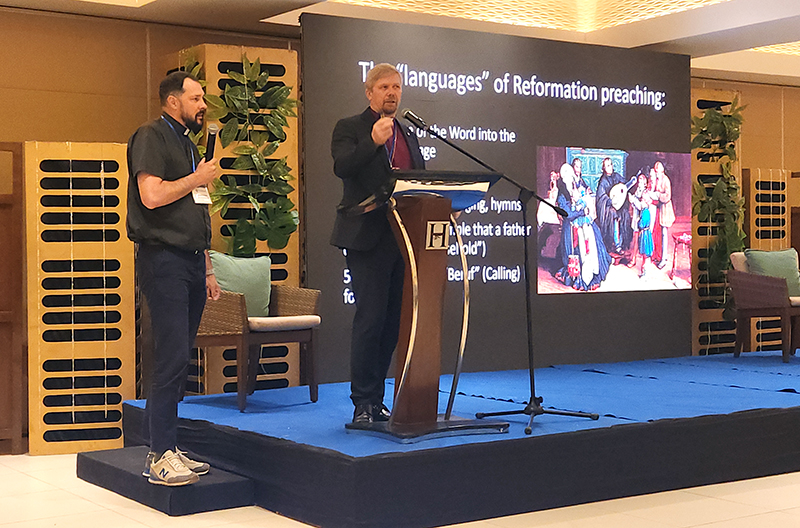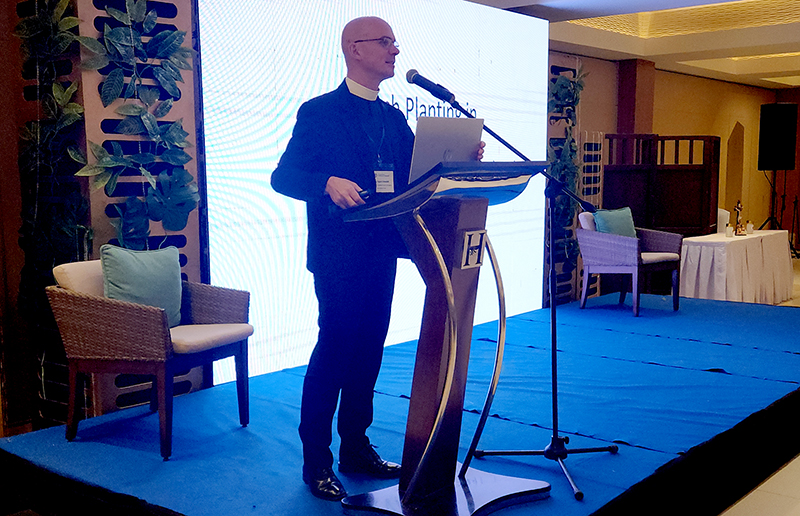by Juhana Pohjola
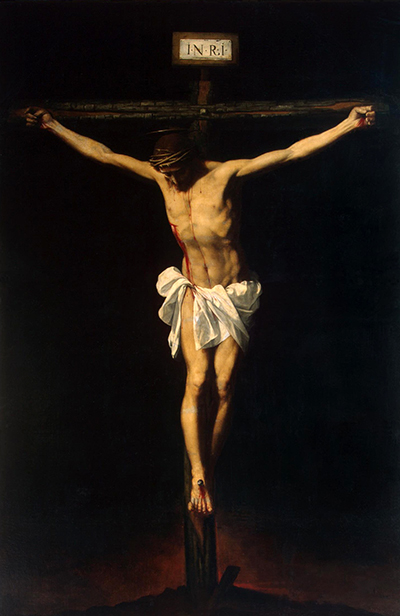
“For while we were still weak, at the right time Christ died for the ungodly.… God shows His love for us in that while we were still sinners, Christ died for us. Since, therefore, we have been justified by His blood, much more shall we be saved by Him from the wrath of God.” – Romans 5:6,8-9
When we commemorate Reformation Day, we can recall many good things that the Reformation brought about—ecclesiastical reform, cultural transformation, the development of languages, and societal impact. But ultimately, it all returns to the fundamental question of the Holy God and the sinful human being.
Who is this holy God before whom we now stand—and will one day also stand at the judgment? God’s righteousness reveals what human beings, by nature, are not and what we lack. God’s wisdom reveals your foolishness. His love exposes your selfishness. His mercy, your hardness. His goodness, your ingratitude. His patience, your impatience. His faithfulness, your unfaithfulness.
Can you name a single attribute of God that does not also reveal your own wretchedness? Can you point to any characteristic of God that does not remind you that, by nature, you are His enemy? Wherever you go, He meets you—at church and at home, by day and by night. Whether you pray or read Scripture, numb yourself with entertainment, work or intoxicants—God’s consuming holiness surrounds you!
Why do we observe Reformation Day? Because there is nothing more terrifying than the dark night of the soul, the torment of conscience that knows it is an enemy of God—with no help in sight. “Out of the depths I cry to you, O Lord!” (Psalm 130:1).
This depth, this tribulation in the face of God’s burning wrath was something young Martin Luther knew very well. And though he saw his own wretchedness and God’s holy wrath revealed on every page of Scripture, still he clung to the Word of God, searching desperately for comfort. And finally—in the Letter to the Romans—the Holy Spirit revealed the Reformation discovery.
What did Luther find? What did the Spirit make clear through the Word? That God’s righteousness is what God gives us in Christ. He justifies us by grace, through faith. St. Paul writes: “For while we were still weak, at the right time Christ died for the ungodly” (Romans 5:6).
For whom did Christ die? For the “ungodly”—those unable to love God, those who defy God’s will—enemies of God! “While we were still sinners, Christ died for us,” Paul writes. He does not say: “When we had overcome our sins” or “when we had cast off our favourite sins” or “when we had sufficiently wept in repentance” or “when we had begun to fix our lives.” No! While we still sinners—utterly hopeless, impure, lustful, wicked, ungrateful, easily offended, and unforgiving—it was then that Jesus, in love, wiped away all our transgressions with His blood.
Are you hopelessly sinful, unable to free yourself from sin? Oh, how blessed a sinner you are! For the Lamb of God has washed away your sin with His blood! God does not see your sins; He does not remember them anymore!
When we did not long for the Lord… when we did not cry out to Him… when we did not believe in Him… when we did not thank Him… when we loved only ourselves, and our neighbour only if it benefitted us… when we cared nothing for Him but blamed Him in the day of trouble… when we His very enemies… it was then that He loved us. He gave as a sacrifice of atonement not a bull or a lamb, but His own Son.
Now where is God’s wrath? Laid upon Christ. Where is God’s enemy? Hanging on the cross. Where is all sin? Nailed to a tree. And so, God has changed you from an enemy to His friend—and not only a friend but His own dearly beloved child.
In His wrath, He once destroyed the world with flood. But you He has raised from the waters of baptism to new life!
Everything that belongs to God, in Christ Jesus is now yours: God’s omnipotence is your strength in weakness. God’s wisdom is your light and your guidance. God’s holiness is your garment of righteousness. God’s faithfulness is your refuge. God’s love is your gift. God’s glory is your inheritance. Now every attribute of God is for you, prepared for you in Christ, given to you by the Holy Spirit.
And Christ is not only for you—He also lives in you. He gives Himself to you in the Holy Supper. And wherever you go—whether to church or to work, whether awake or asleep—Christ’s grace surrounds you always.
Why do we observe Reformation Day? Because every single promise of the Holy Spirit in the Bible is true—for your sake—both in the present today and in the future on the day of judgment!
May this Good News ring out loud and clear from every pulpit around the world!
———————
Rev. Dr. Juhana Pohjola is Bishop of the Evangelical Lutheran Mission Diocese of Finland (ELMDF) and Chairman of the International Lutheran Council (ILC).

